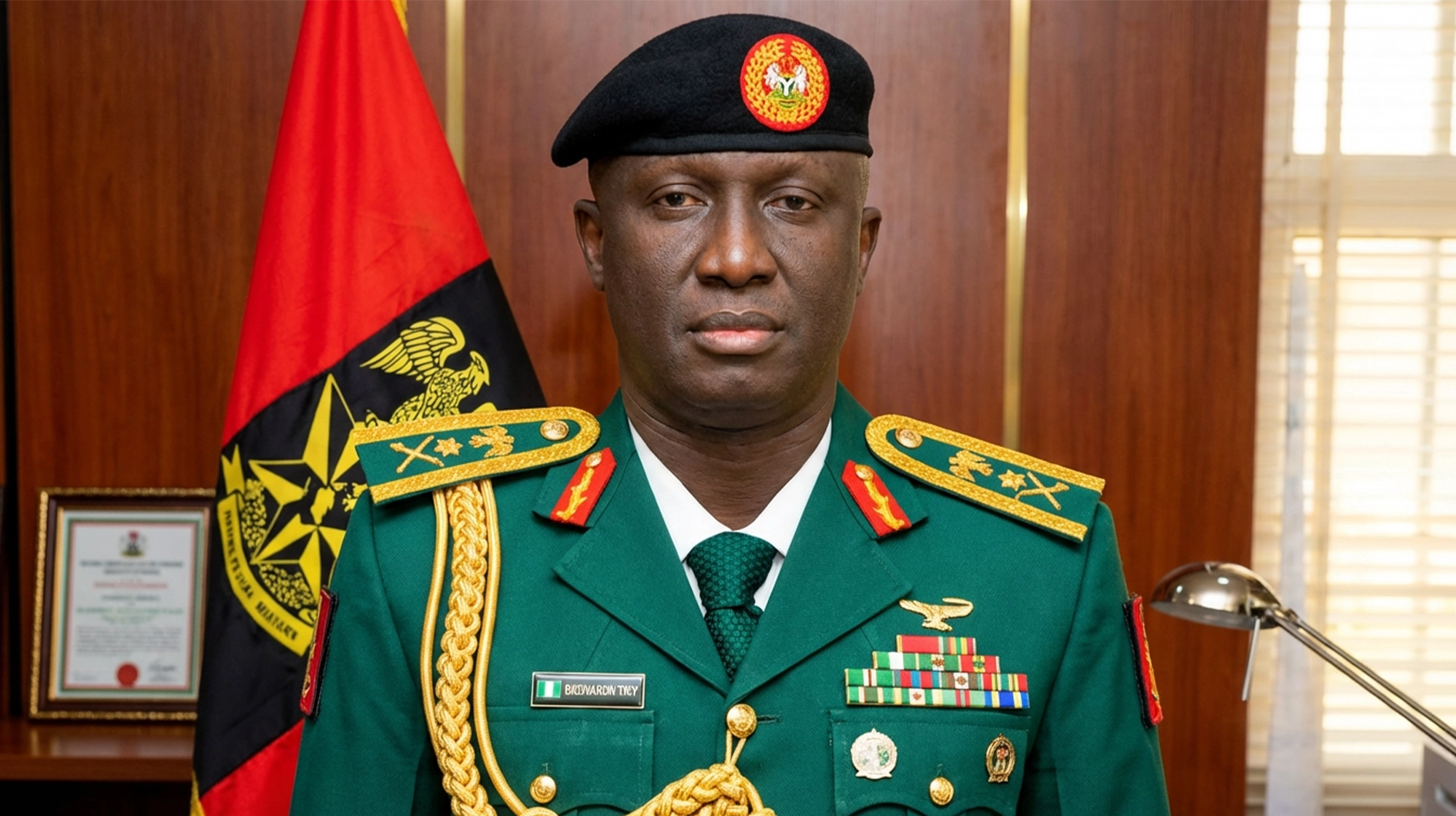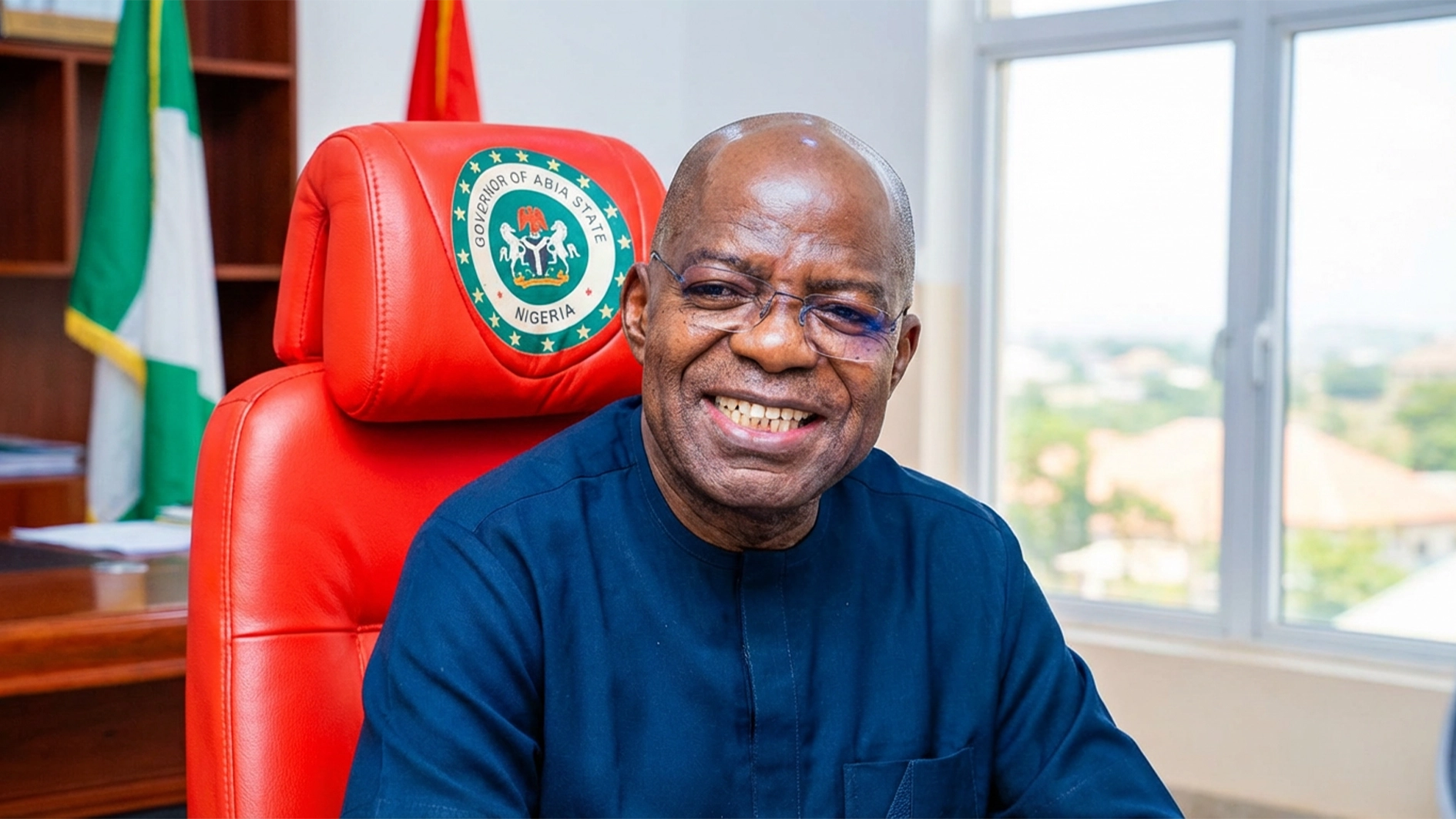The Obafemi Awolowo University Teaching Hospitals Complex (OAUTHC) has come under criticism following allegations that it demands payment from students seeking industrial training placements, contrary to standard practice in most Nigerian institutions.
Multiple sources said that students applying for placements under the Industrial Training (IT) and Students Industrial Work Experience Scheme (SIWES) programmes are being charged between ₦10,000 and ₦50,000, depending on the duration of their stay.
“There is nowhere in Nigeria where SIWES students are charged for placement except here,” said one student, who was asked to pay ₦25,000 for a six-week programme. Another student claimed to have paid ₦10,000 for a three-month placement.
Some students opted to seek placements at other hospitals where no fee was required, raising concerns about OAUTHC’s internal policies under the leadership of Chief Medical Director Prof John Okeniyi.
The controversy also extends to death certificate issuance, with reports that the hospital charges ₦10,000 for documents that are usually free in most government institutions.
“They don’t pay for death certificates separately in any institution, but it’s N10,000 now in OAUTHC,” another source disclosed to Sahara reporters.
Allegations of mismanagement have surfaced in the past, with claims that Okeniyi shields loyal staff while punishing critics. Staff have also accused the management of applying disciplinary measures selectively.
When contacted, Prof Okeniyi declined to respond directly, instead requesting a formal in-person complaint. “I am very committed to transparency and accountability,” he said, inviting journalists to visit the hospital in person.
If indeed, there is an allegation of corruption against any of our staff, myself or the institution, please, kindly make it official. I am very committed to transparency and accountability. Please come to our hospital tomorrow or Monday morning, and we can formally address all your concerns, questions and allegations as best as we can. Thanks once again.” he said.
The charges have drawn criticism from civil society groups and education advocates, who say monetising public placements further burdens students already struggling with rising costs of education.






